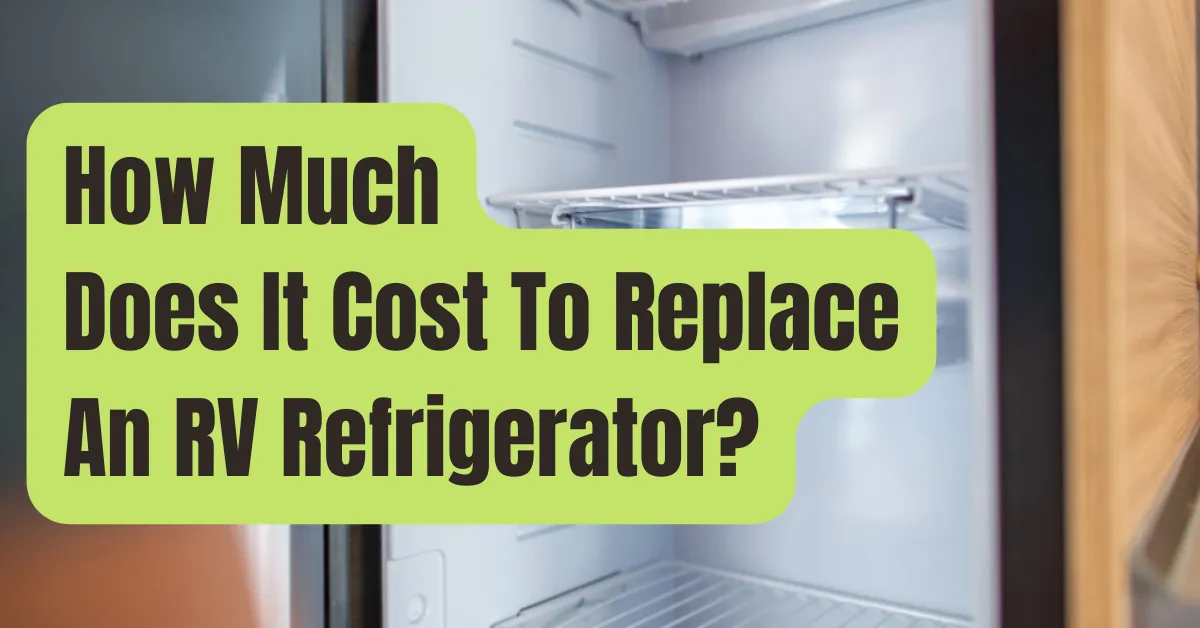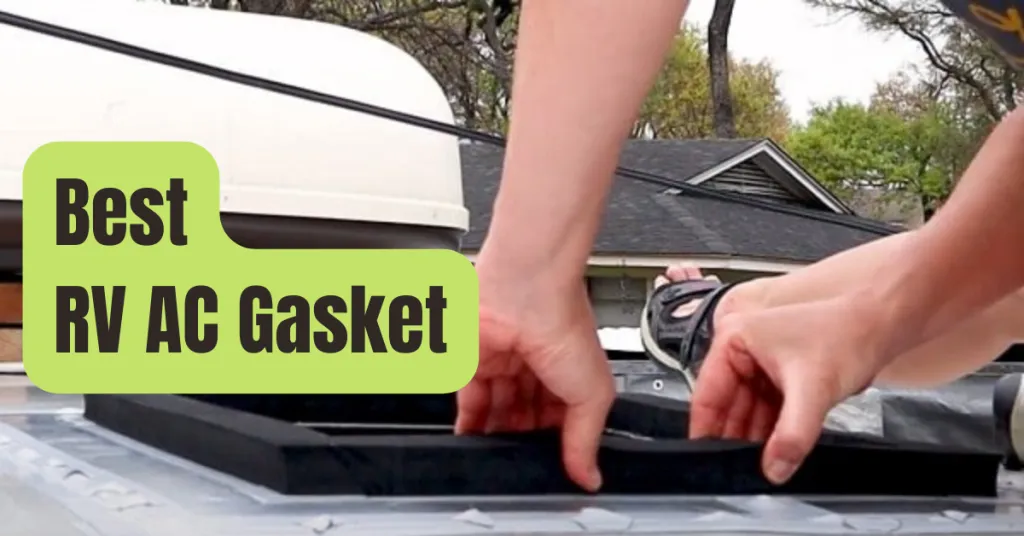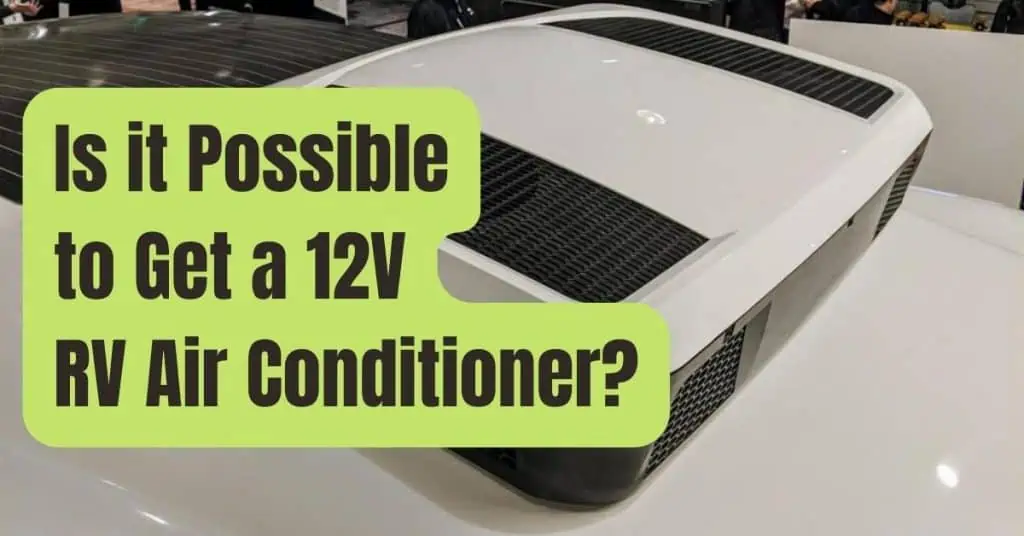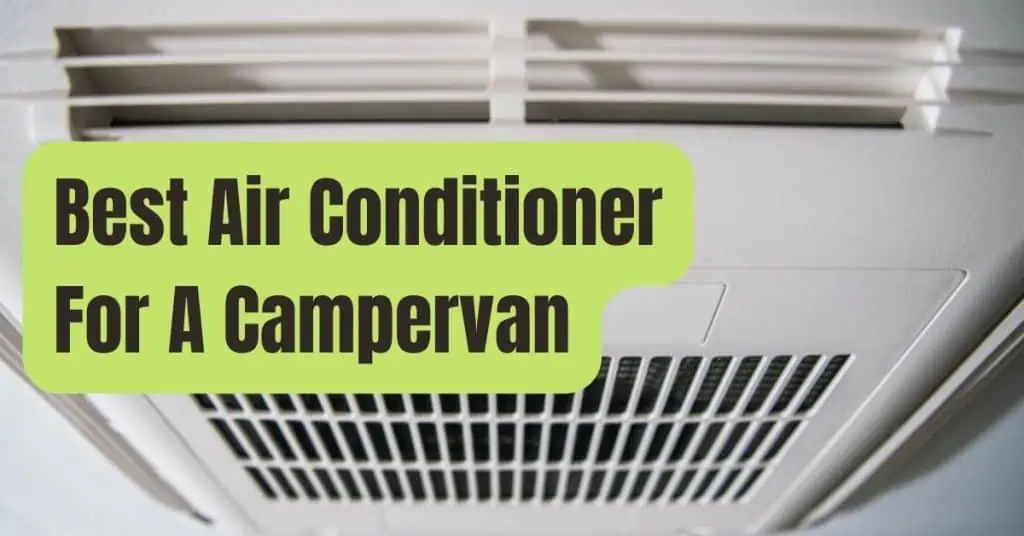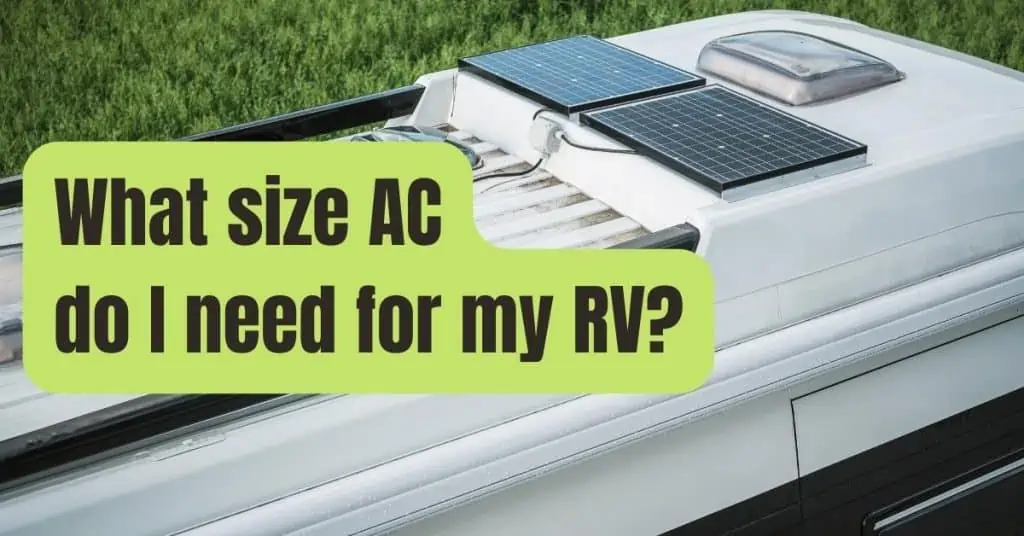In an RV, a refrigerator is SO crucial that it makes sense to spend some time shopping for the finest model.
There are several factors to take into account, but for the majority of people, pricing is the most crucial one.
So, what is the price of an RV refrigerator?
The annual expenditures for power, propane, and maintenance will be between 350 and 400 dollars.
Why Do RV Refrigerators Cost So Much?
This is due to the fact that, in contrast to domestic refrigerators, RV refrigerators are manufactured entirely of stainless steel and lack any plastic moving components.
They must be constructed in this manner to withstand the incessant rumbling vibrations of traveling.
What Kinds Of Refrigerators Are Used In RVs?
You’ll often find one of the following five kinds of refrigerators inside an RV:
- Refrigerators with two ways of operation: AC/DC power, AC and propane, or DC and propane.
- 3 way refrigerators: AC, DC, and propane
- Propane refrigerators—just like back then!
- Some folks just prefer to utilize a residential refrigerator since they have larger capacity and freezers than RV refrigerators typically do.
- Thermoelectric refrigerators—which are really small chillers rather than whole refrigerators—are often used in addition to a larger refrigerator. Expect them to at best keep your beverages chilled, but don’t hold your breath for much more.
See my page on the many kinds of RV freezers for additional information on these types in detail.
The Online RV Refrigerators with the Best Value
No matter how diligently you search, the items below are pretty excellent examples of what you’ll discover.
It’s important to bear in mind that Dometic and Norcold dominate the market.
This Dometic refrigerator is fantastic.
It’s a great two-door refrigerator with a decent capacity of 6 cu.
ft., and it’s also reasonably priced.
Additionally, it features a freezer and door lock handles, which are always necessary while traveling to prevent doors from opening unexpectedly.
I also like this Norcold refrigerator.
By RV standards, the dedicated freezer offers 1.3 cu ft of room, which is large.
However, it falls toward the higher end of the price range for RV refrigerators.
This Dometic 8 cubic foot refrigerator could be the one for you if you’re still seeking for a larger RV refrigerator.
It operates in both directions and is moderately priced.
Operating Costs For An RV Refrigerator
Assuming you have a typical two-way RV refrigerator that uses both electricity and propane, let’s calculate the cost of using propane for one day and electricity for one day.
As said in Enjoy The Wild:
- A 4 cubic foot RV refrigerator uses less than a pound of propane every day.
- A 6 cubic foot RV refrigerator uses around a pound of propane every day.
- A 12 cu.ft RV refrigerator uses around 1.5 pounds of propane each day.
These generally encompass the range of sizes for RV refrigerators available on the market.
Let’s suppose that 70 cents will provide you with 8 days of refrigerator use on gas for a 6 cu.ft refrigerator because 1 gallon equals 8.3 pounds.
But using electricity instead of propane will cost you more money.
The domestic fridge that the Wynns placed in their RV uses around 1.53 kWh every 11 hours, according to Gone With The Wynns.
That equates to around 3.4 kWh each day.
In the US, a single kWh typically costs 12 cents.
So, it costs around 42 cents per day to power a domestic fridge inside an RV.
That equals to 154 dollars each year.
Remember that this estimate is based on a domestic refrigerator, which has a larger capacity and uses more electricity than an RV refrigerator.
Costs Of RV Refrigerator Upkeep
When you include in the serviceman’s travel expenses and the price of any replacement components that may be required, maintaining an RV refrigerator typically costs about 600 dollars.
Typically, you can anticipate to pay this amount once every three years.
A Few Considerations Regarding RV Refrigerators
#1. Don’t Use A Propane Refrigerator While Operating A Vehicle.
Consider this.
If you were to fall with the propane on AND the fridge flame on, BOOM!
That’s because it poses a serious fire risk.
If your refrigerator has the potential to perform the cooling process on DC, you should convert to electric.
The only safe course of action is to turn off your refrigerator and to open it very seldom to maintain the temperature if you don’t have a 2 way or 3 way fridge with DC power.
If you do this, you may typically anticipate a maximum temperature reduction of 2 degrees in 6 hours.
#2. RV Refrigerators Can’t Chill As Well As A Home Refrigerator.
Many of the amenities in the refrigerator are likely something you would take for granted if you hadn’t been living in an RV for very long.
Small things, like the lack of a functional freezer in the majority of RV refrigerators, may first appear irksome.
However, as opposed to having your ice cream frozen solid, you will eventually become accustomed to having it somewhat mushy.
#3. Refrigerators That Run Only On Propane Need Periodic Maintenance.
That is likely the reason why more individuals are utilizing two-way and three-way refrigerators nowadays.
#4. Your Storage Space Will Be Smaller.
It will take some getting accustomed to as residential refrigerators are significantly larger.
To survive, you’ll need to use a little creativity and be wise about the food you carry on board, but believe me, it’s not that difficult.
#5. Home Refrigerators Will Need Periodic Maintenance.
Just keep in mind that they are constructed of soft metals and contain moving components, none of which are very resistant to the continual vibrations of traveling, if you just miss your home refrigerator too much.
FAQS
How long are RV refrigerators good for?
Although some internet forum users claimed 20 and even 30 year lifespans, you should anticipate an RV freezer to last you up to 8 to 10 years!
Should you always keep your RV refrigerator on?
It’s preferable to turn off the refrigerator if you won’t be on board for a few days.
One useful tip is to turn on the refrigerator 12 hours before to boarding.
This guarantees that it will remain chilly for the remainder of the day.

